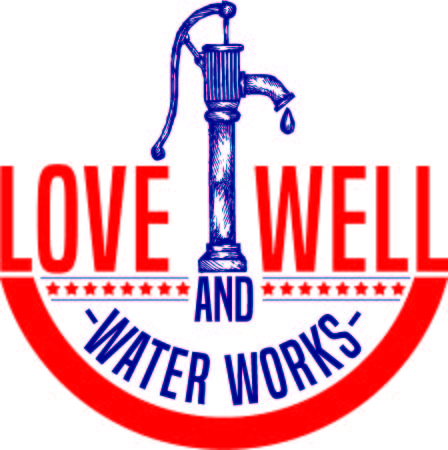There are professionals who specialize in inspecting wells.
These experts possess the highest expertise and qualifications to conduct a well examination. Respectable inspectors do not execute well repairs, since this would create a conflict of interest. Since both systems typically cohabit on a site, some septic tank inspectors are also qualified, well inspectors. General home inspectors will do a visual check of your well and may possibly take water quality samples. However, this degree of inspection is typically insufficient to satisfy demands at the point of sale or lender requirements. The local health agency may provide free water quality testing. In addition, they will be familiar with local inspectors who are qualified to do more comprehensive well inspections.
How can I select a competent well inspector?
In certain regions, well inspectors are required to get a license from a contractor licensing organization or the local health department. Before hiring a well inspector, determine if this is the situation in your region.
- Neighbors knowledgeable with local water quality and well upkeep
- There are also a lot of internet services, like as HomeAdvisor and the Better Business Bureau, where you may search for well inspector ratings and information in your location.
- What occurs throughout a well inspection?
- Well inspections consist of two components. The inspector analyzes the equipment and water quality of the well.
The inspector inspects the well and its components, including the pump, casing, storage tank, cap, and vents, as part of the equipment survey. In addition, the inspector visually inspects all seals, gaskets, screens, and overflows.
Your well inspector should be aware of state and county standards in order to check that your system, its source, and the surrounding region comply with local restrictions such as setbacks.
During the well inspection, your inspector looks for typical concerns that might lead to health problems, such as corrosion on the pressure tank, low water pressure, broken gauges, and hazy water in the well pipes.
Following the physical examination, your well inspector will collect water samples and submit them to a state-accredited laboratory. The samples are analyzed for microorganisms, hazardous bacteria such as E. coli, poisonous compounds such as arsenic, pollutants such as radon, and concentrations of other substances such as fluoride and sulfate.
Well inspections are performed by Love Well & Water Works with professionalism! Contact us for details!
